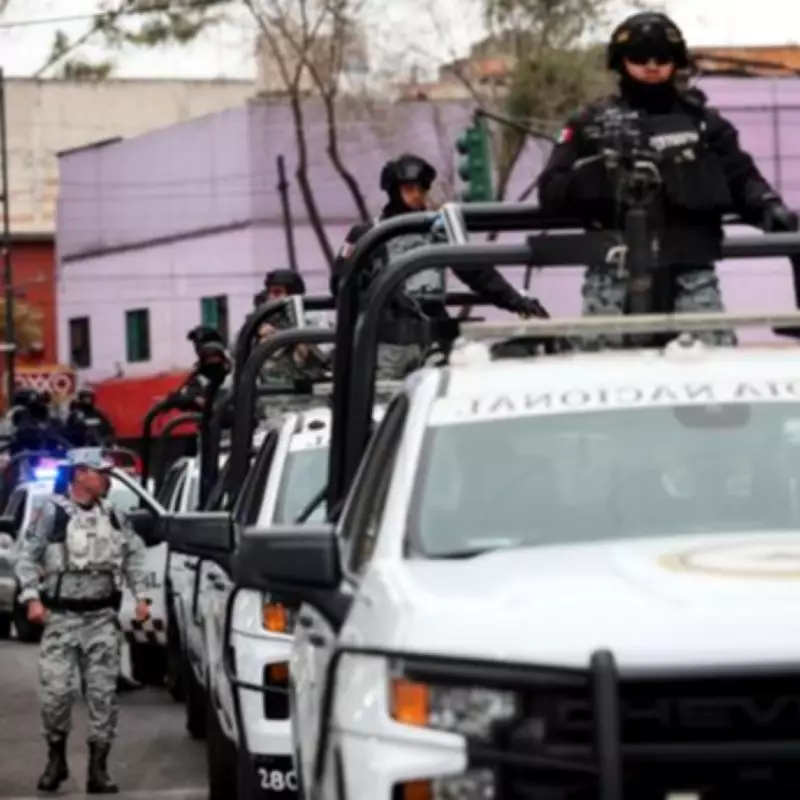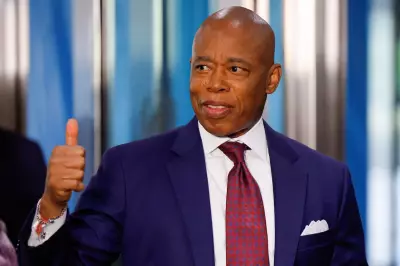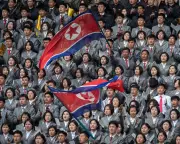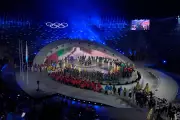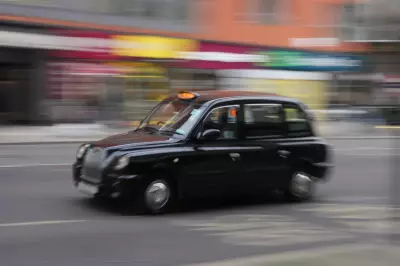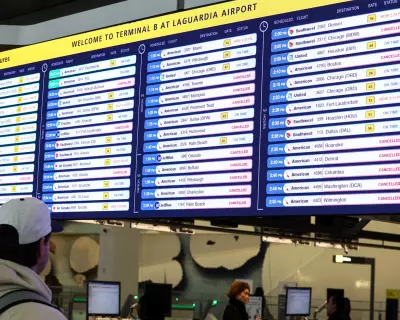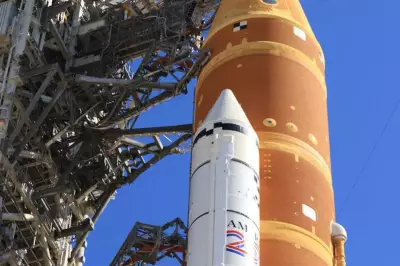Entertainment
Eric Adams Mocked for 'Netflix and Chill' Snowstorm Tweet as New York Braces for Blizzard
Former New York City Mayor Eric Adams faces online ridicule after suggesting residents 'Netflix and chill' during a historic blizzard, claiming more snow means 'more future New Yorkers'.
Sports
Mohamed Salah Urged to Depart Liverpool as Trent Alexander-Arnold Voices Regret
Former Tottenham star Rafael van der Vaart advises Mohamed Salah to leave Liverpool, citing age and team dynamics. Meanwhile, Trent Alexander-Arnold expresses regret over disappointing fans with his Real Madrid move.
Politics
Daniel Radcliffe Reacts to Harry Potter Reboot Cast Photos, Calls It 'Surreal'
Daniel Radcliffe shares his emotional reaction to seeing the new child actors cast in the Harry Potter TV reboot, describing the experience as surreal and expressing protective instincts.
Crime
Sopranos-Style Crime Ring Exposed: Stolen Luxury Cars Shipped from Australia
An organised crime racket in Australia steals luxury cars, dismantles them in chop shops, and ships parts to the UAE, Malaysia, India, and Africa, evading border controls.
Health
Weather
NYC Mayor Declares Emergency and Travel Ban for Blizzard
New York City Mayor Zohran Mamdani has declared a local state of emergency and issued a travel ban as the city prepares for its first dangerous blizzard in over a decade, with up to 24 inches of snow forecast.
NYC Mayor Declares Emergency and Implements Travel Ban
New York City Mayor Zohran Mamdani has declared a local state of emergency and ordered a travel ban as the city prepares for its worst blizzard in over a decade, with schools closed and non-essential vehicles restricted.
Thailand Hit by 6.5 Magnitude Earthquake After Borneo Quake
A significant magnitude 6.5 earthquake has struck Thailand, as reported by the German Research Centre for Geosciences. This seismic event follows a magnitude 6.8 quake in Borneo, highlighting regional tectonic activity.
US Northeast Braces for Blizzard with Heavy Snow and High Winds
A severe winter storm is hitting the US Northeast, with blizzard warnings from Maryland to Massachusetts, over 6,000 flights cancelled, and residents urged to stay indoors.
East Coast Blizzard: 12,000 Flights Delayed, 18 Inches Snow Forecast
A severe nor'easter batters the East Coast, causing massive flight cancellations and delays while forecasters predict up to 18 inches of snow and dangerous blizzard conditions across multiple states.
Tech
Get Updates
Subscribe to our newsletter to receive the latest updates in your inbox!
We hate spammers and never send spam
Environment
UK Geography Quiz: Test Your Knowledge
Challenge yourself with 100 multiple-choice questions about the geography of the United Kingdom. Perfect for students, travelers, and geography enthusiasts.




